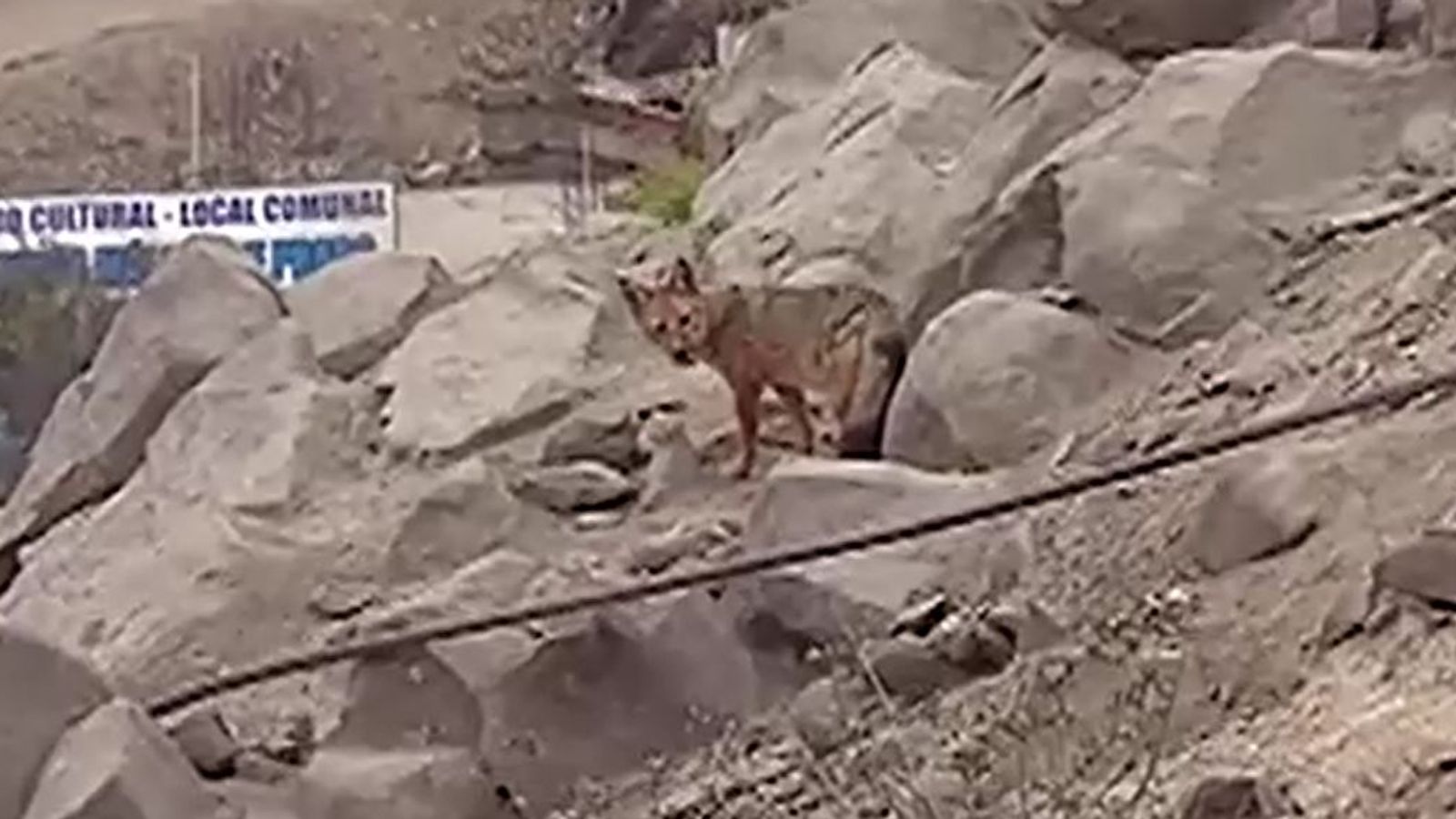A family’s “pet dog” that angered neighbours by killing and eating ducks and chickens has turned out to be a fox.
Maribel Soleto bought a new pup from a small shop in central Lima, Peru, believing it was a young dog.
The animal, which they called “Run Run”, initially played happily with other pet dogs in the neighbourhood, but as it grew up, signs emerged that something wasn’t quite right.
Run Run showed a real passion for chasing and killing ducks and chickens in a move that angered the local community.
The pet turned out to be an Andean fox, which has thin legs, a bushy tail, a pointed head and prominent ears.
Run Run ran away from home a few days ago and ecological police and officials of the state National Forest and Wildlife Service (SERFOR) are now looking for him to take him to a special centre or zoo.
“We had thought he was a purebred puppy,” said Ms Sotelo, who added that her teenage son bought the animal as a pet for the equivalent of $13 (£10) about six months ago.
Pedro Castillo: Left-wing rural teacher becomes Peru’s president, promising a new constitution
COVID-19: Peru’s death toll more than doubles to over 180,000 following official review
Spectacled ‘Paddington’ bears venture out at Machu Picchu
“A lady told us that it had eaten three large guinea pigs,” Ms Sotelo said, lamenting because she had to pay the owners for the dead animals.
Walter Silva, a veterinarian and wildlife specialist at SERFOR, told Reuters that many wild animals are brought by “traffickers” from Amazonian areas such as Loreto, Ucayali and Madre de Dios, to be illegally traded in Lima.
“Trafficking in wildlife brings these consequences. Many specimens are captured from hatchlings. For this they kill the parents and these juveniles are illegally traded in informal markets,” he said.
“In this case, a fox bought as a domestic dog.”
The veterinarian said SERFOR has carried out 128 interventions this year to confiscate wild animals in Lima.
The illegal trade in animals can lead to a prison sentence of between three and five years in prison in Peru, Mr Silva said.






















